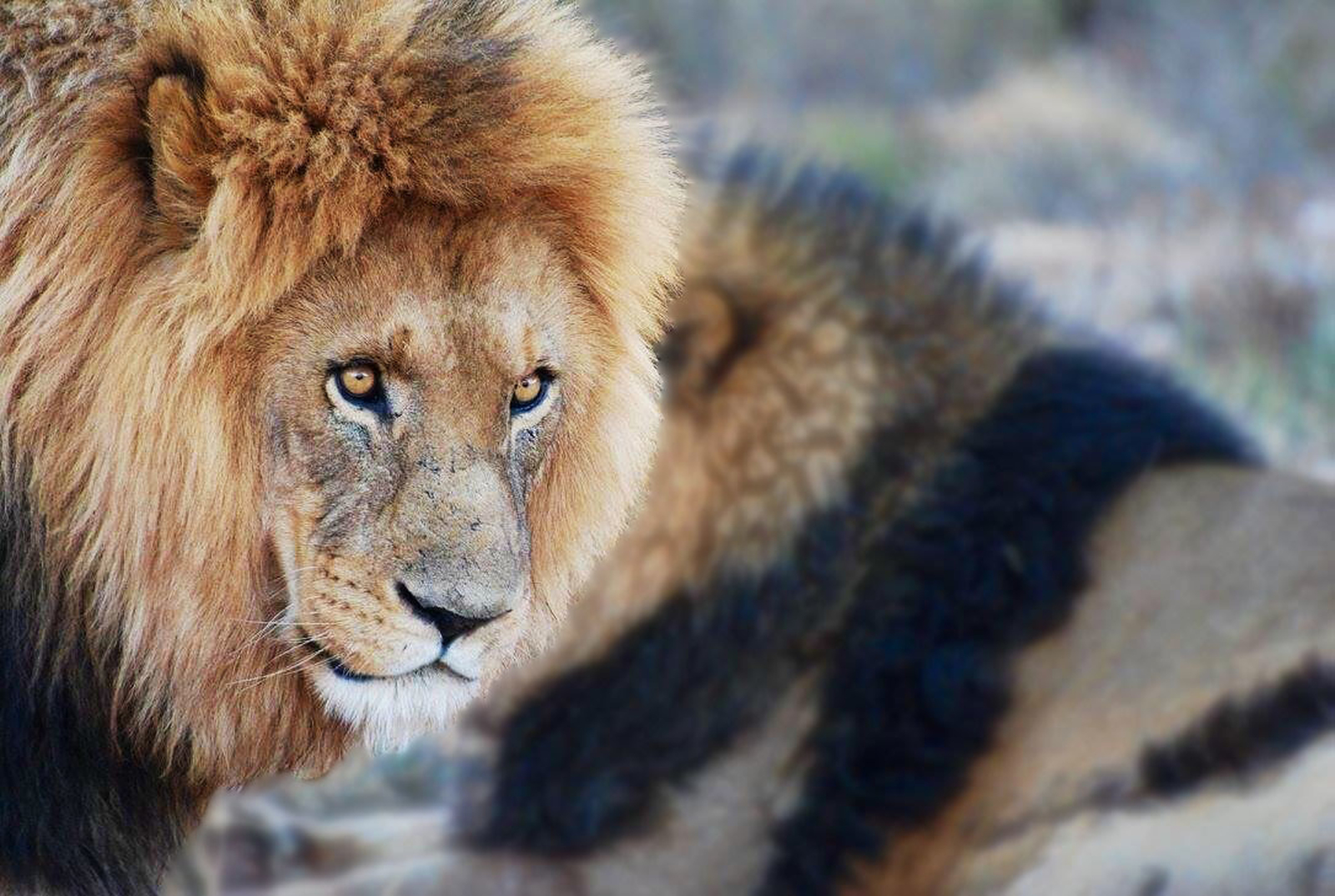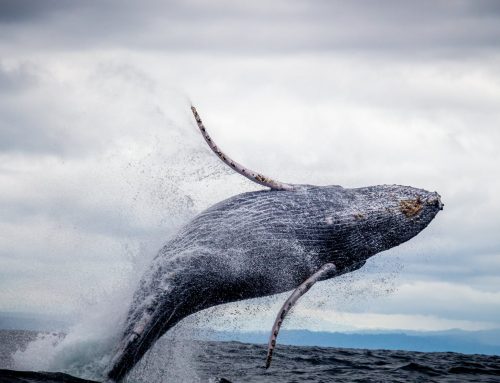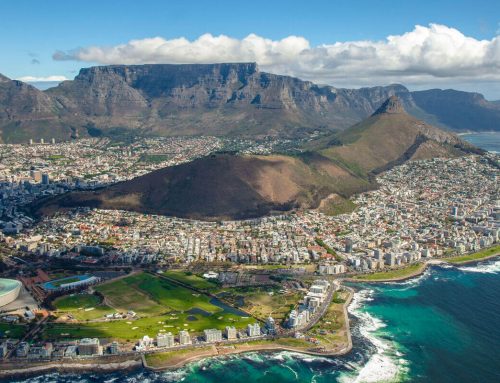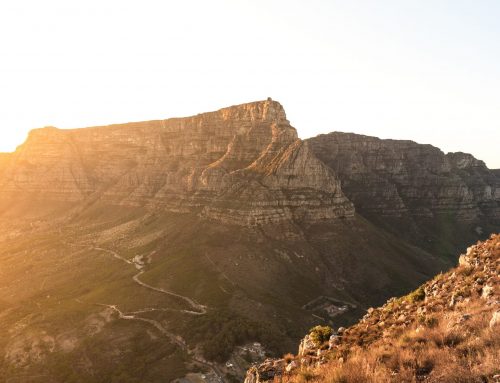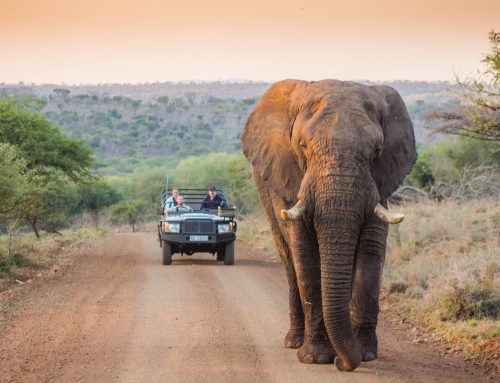It’s happening! After all this time you will finally go on a Safari: Game Drives, the Big Five and maybe even a Safari Walk are on the top of your list, but … what do you bring?
There are multiple things that are super convenient and that really contribute to the most amazing safari experience you can get. The following list provides you with the most important stuff you need before you start your new adventure:
- Sunscreen: easily forgotten but very important. Imagine being out in an open safari vehicle with the sun in your face and the wind blowing through your hair. Sounds amazing, but looking in the mirror afterwards might be a bit of a rude awakening. You don’t want to miss out on all the animals because they’ve already spotted your red nose before you could even come close!
- Insect repellent and long clothes to protect you (in the early mornings and early evenings). Make sure you’ve got socks that cover your ankles at dusk and dawn when the mosquitos are around the most. During the day you are fine with shorts and a T-shirt.
- Flashlight, binoculars and photographic equipment. Of course you have to bring some awesome photos back home with you.
- Money for lunch and hydration on transfer days to your safari destination and for those long days in the national parks and private game reserves.
- Closed walking shoes, sunglasses and swimming gear to cool off from the midday heat in the swimming pool, not at the many watering holes!
- Casual neutral-coloured clothes by day and a pullover for the sunset drive. It can get quite cold in the evenings so make sure you have something warm and comfortable to wear for activities that take place in the evening or at night.
- Pair of flip flops in case your other shoes get wet.
- Last but not least: a good pair of eyes to spot the magic of all of those hidden animals! Don’t worry on your first few game drives if you struggle to spot game, your eyes will soon adjust and become bush savvy.
If you make sure you have the above things with you on your trip, it could just give that little extra comfort to the Safari!
Malaria risk
In general, Kruger National Park and surrounding areas are low risk malaria areas. However, our rainy months from December to March bring a higher risk. Therefore, we recommend discussing preventative medication with your medical practitioner or travel clinic.
Travel insurance
We strongly recommend to all our guests that they obtain comprehensive travel insurance. Please ensure that you have adequate travel insurance to cover cancellation penalties. Special insurance may be required if you undertake any extreme or potentially dangerous activities (e.g. adrenalin or endurance sports).

